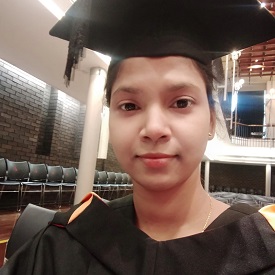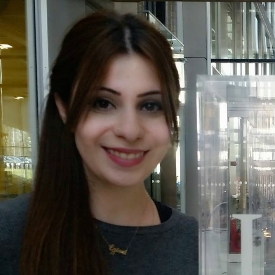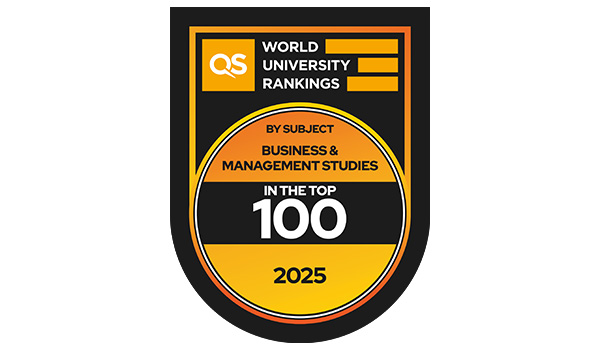My name is Emran.
I’m an alumnus of Lancaster University, where I studied MSc Project Management.
Last year I graduated and now I'm working as a Business Development Manager at Askam Civil Engineering.
My first Bachelor’s is in Petroleum Engineering back in my home country, Iran. Then I pursued my Master’s in Petroleum Engineering while I was working in a civil engineering company.
So, I was thinking about what I could do for the next level.
I was thinking about the MSc Project Management, which could make me capable of doing many things in a different industry.
Prior to starting MSc Project Management, I was living in Iran, which is my home country, and I was working in different projects in different sectors.
I was working as an assistant project manager and project manager, which means that I had a few years of experience under my belt.
I was researching the different options that I have in a different country, and I came across the Lancaster University MSc Project Management. I decided to choose Lancaster University for many reasons.
One of them was the strong reputation of Lancaster University. I was really impressed by the programme curriculum. And I saw many courses associated with project management and the things that I'm looking for, like interpersonal competencies and also technical things.
I found a group of Iranian people studying at Lancaster University. I had a discussion with them, and the result of all discussion was a certain decision to come to Lancaster.
We had a discussion with my wife, and we were really excited about the prospect of joining Lancaster University.
So I was just impressed by many things in the UK: A historical city with many things. Really welcoming people. That was a really good experience.
So there are many things, as I mentioned, involved in the course, both interpersonal competencies and technical competencies. So it was harder skills and softer skills together, which was amazing.
So, honestly, I didn't expect to see interpersonal things in a course, but it was, and it was really helpful.
But the other part was a supportive environment, that we had in Lancaster University. When I got to know my new classmates, I was blown away by their experience, their backgrounds, and they were all welcoming. And, you know, we developed a strong bond together. And many of them have now become lifelong friends for me.
The professors and lecturers They all had experiences of real-world businesses in addition to the strong academic experience that they had. So they bring a real-world experience in projects, in courses that we could understand; practical spaces, and we could understand the processes better than going through the textbook theories.
We had the action-based project, which is completely different from a traditional dissertation. So, we worked for a real client, and we were working to tackle a problem - challenges that they have in their business. It was a great opportunity to work in a real workspace and with a formal client and all the processes associated with this kind of work. And then we reflect on those experiences that we had there. And it was amazing to learn more about, you know, practical workspace.
It was, especially for me, really good to get myself used to the condition of the work, UK culture and the companies’ culture that we have here.
Part of my role is Business Development Manager, so every business opportunity is a new project for me. I need to apply all the tools and techniques I learned at Lancaster University to it.
So, from gathering the all the requirements the client needs to see, and also coordinating with the internal team among different departments in the company, like Commercial, Estimating and also managing the communication and engaging the stakeholders in the project.
So these are all the things that I learned from Lancaster University









